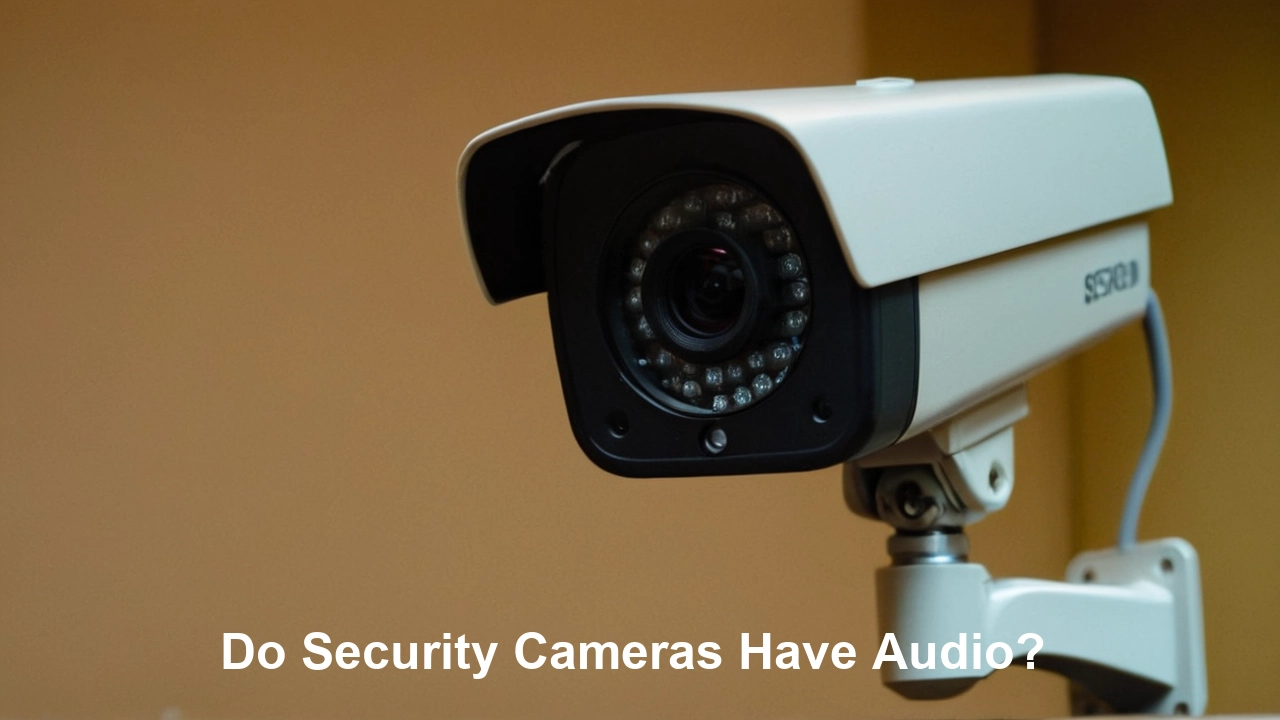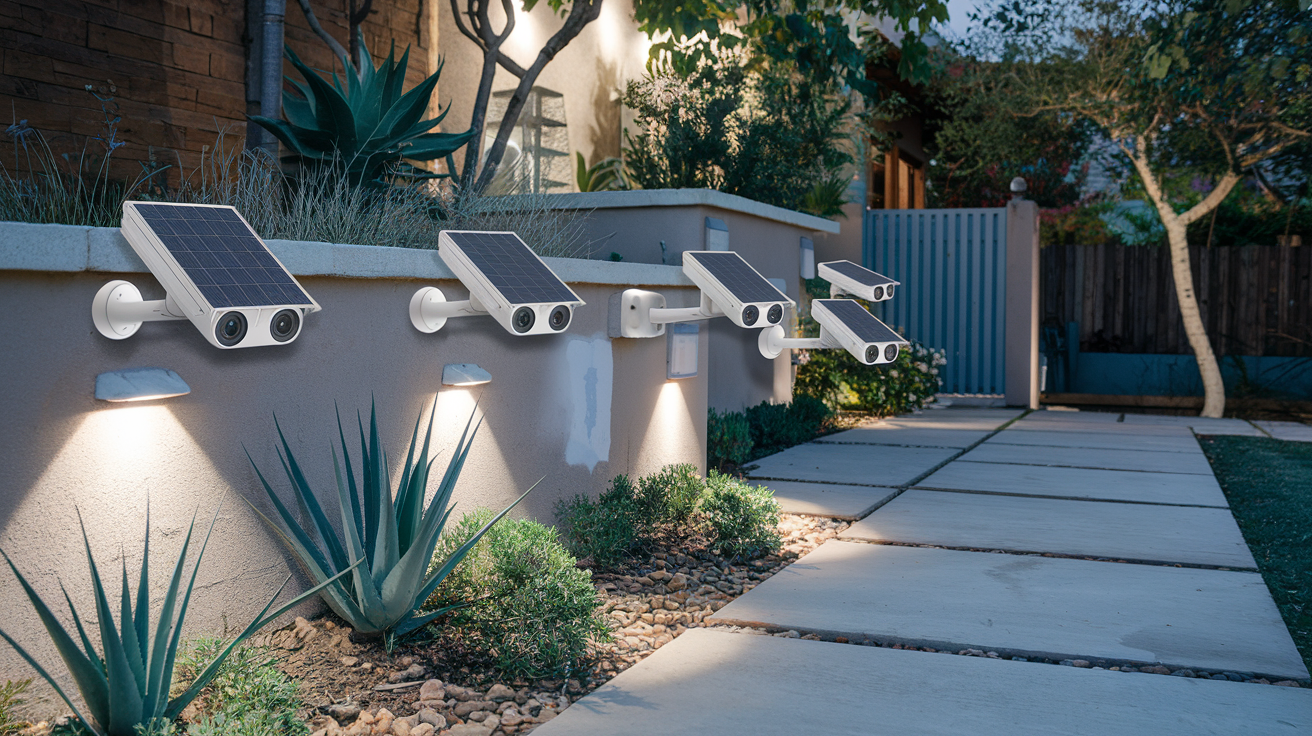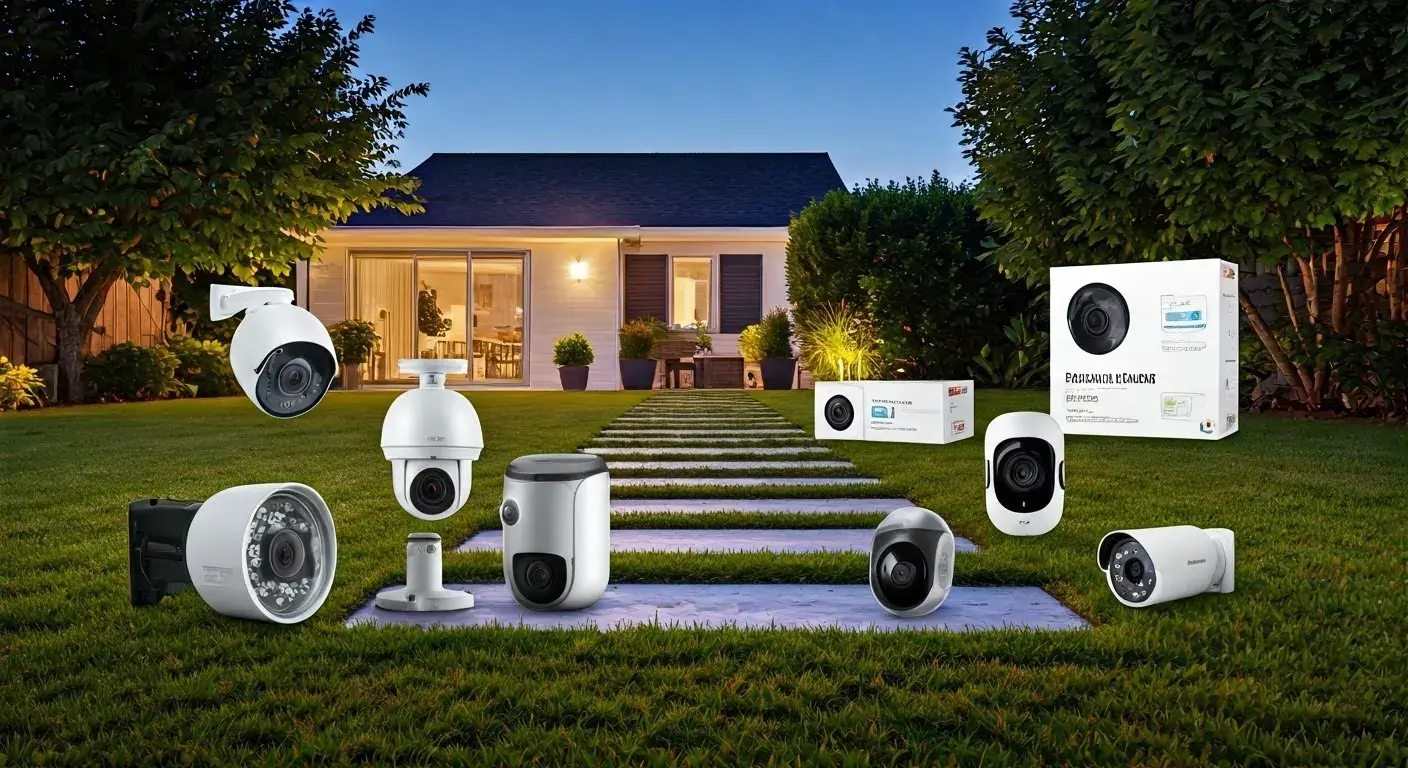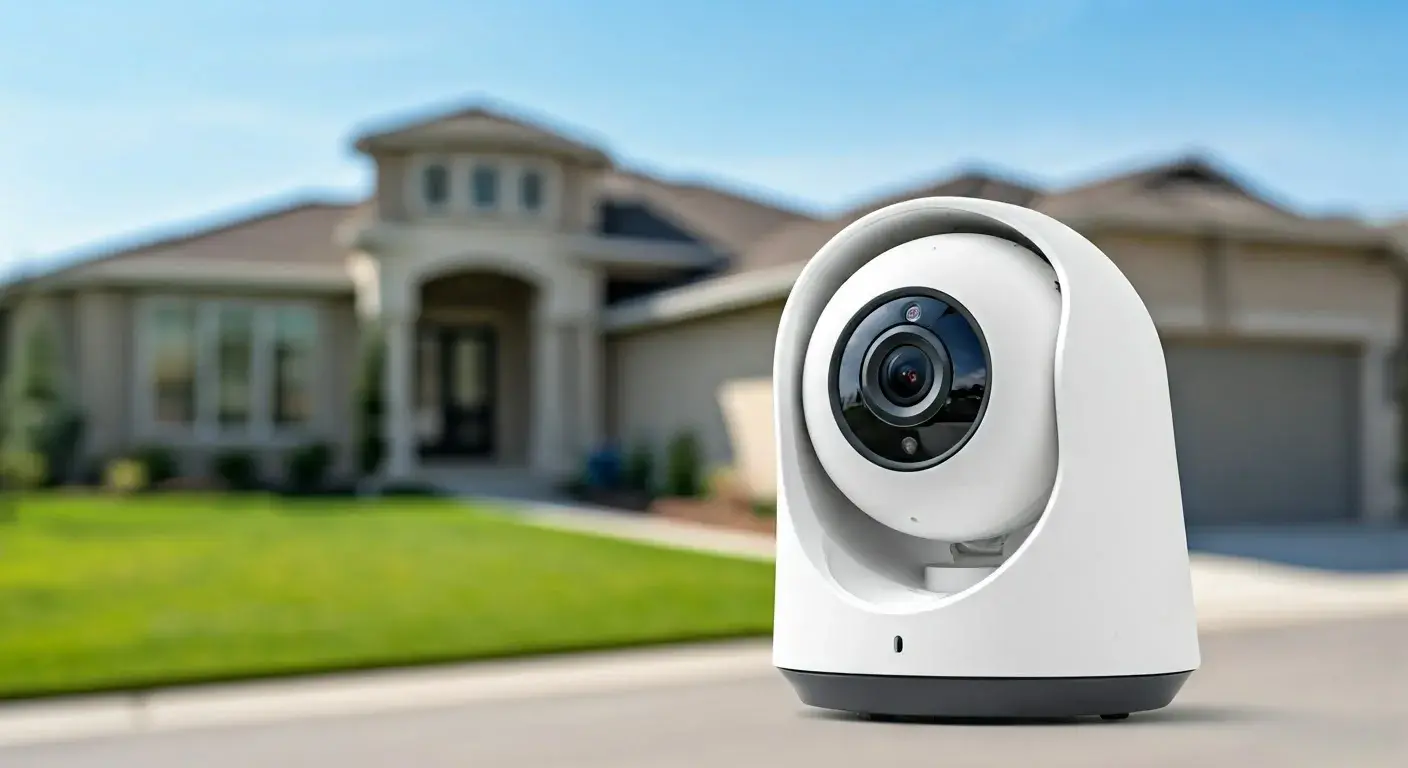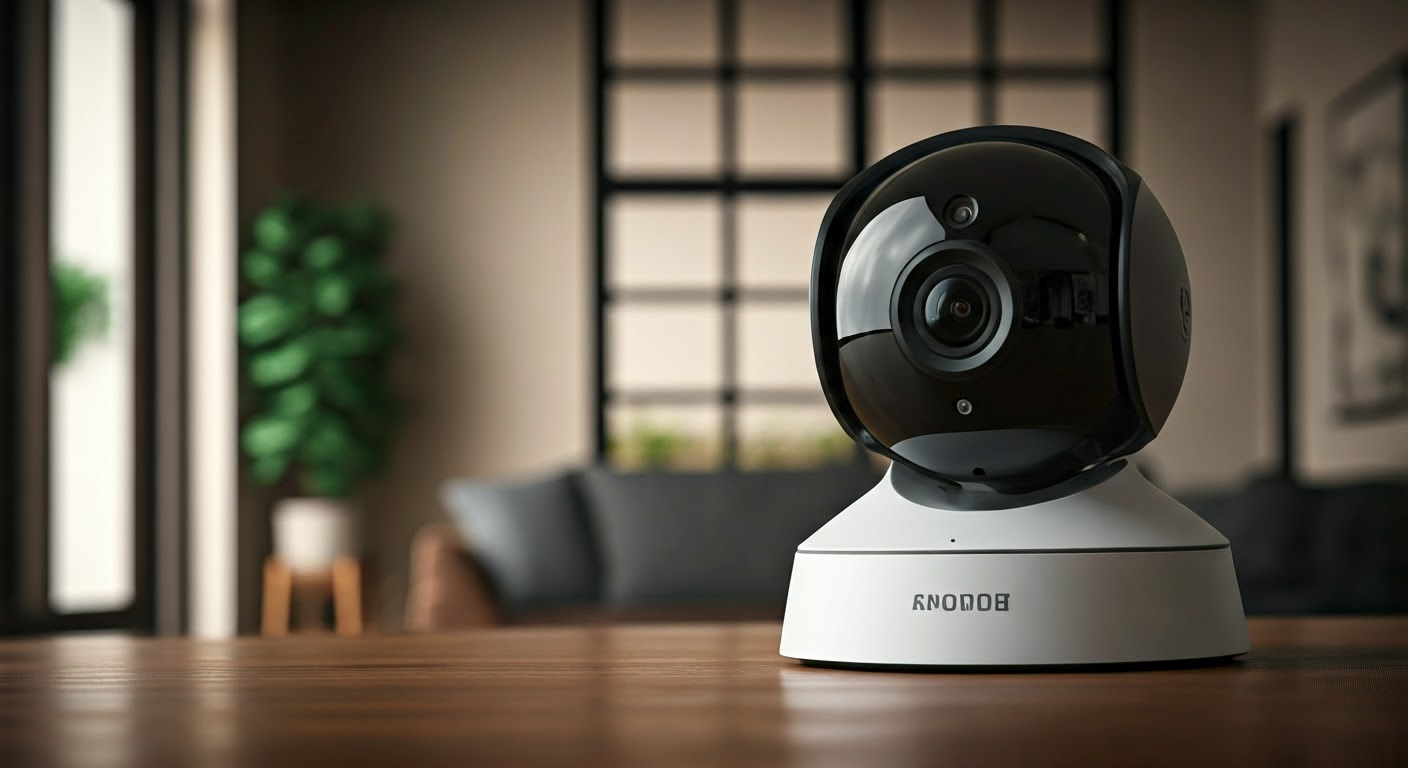Are security cameras equipped with sound?
Security cameras are familiar in many places such as stores, banks, parking lots, etc. It is used as a visual tool to prevent crimes and to enable the owners or managers of the business or properties to see what is happening to their properties. However, do security cameras also capture sound in addition to the video that is recorded?
The answer is maybe. Specifically, some security cameras have additional features, such as microphones that can be used to record sound alongside video. Nevertheless, the use of audio recording is more problematic from the legal perspective and poses more privacy concerns than the mere filming of a scene. Therefore, the majority of standard security cameras are fixed with no video recording and no audio.
Conditions That Define Whether Security Cameras Have Audio
There are a few key factors that determine if a security camera system has audio recording functionality or not:There are a few key factors that determine if a security camera system has audio recording functionality or not:
-
Camera Type: – Simple security cameras such as bullet cameras or dome cameras do not possess the feature of audio recording. However, there are specific security camera types, for instance, the IP cameras or wireless cameras that come with microphones that are used for recording audio.
-
State Laws – Consent laws for audio recording also differ with the state or the country that one is in. While some areas have banned the recording of voices and conversations with the consent of both parties to the conversation or call, other areas allow the recording of voices in public places. This determines if cameras are shipped with the ability to record audio as well.
-
Intended Purpose –The reason for the use of security camera system is very important here if the use of the security camera is just for video surveillance most of the users prefer cameras without microphones. However, for investigations or more comprehensive monitoring, cameras that include audio may be more appropriate.
-
Privacy Issues – Due to privacy issues that come with recording sound, most of the homeowners or business owners do not install cameras with audio features unless it’s necessary and legally advisable.
Where Audio Recording Security Cameras Are Used
While the majority of basic security camera systems record silent video only, there are some scenarios where having audio capabilities provides useful supplemental information:While the majority of basic security camera systems record silent video only, there are some scenarios where having audio capabilities provides useful supplemental information:
Police Camera Systems –This is in squad car camera coupled with officer-worn camera that records both video and audio while making arrest, during a traffic stop or any other service call. This way, there is more context and transparency in case of investigations or court trials as and when needed.
Business Surveillance Systems – Some highly secured businesses such as banks may incorporate the audio form of CCTV cameras to monitor activities, as well as to prevent cases of theft or fraud. Audio provides an additional layer of evidence in case of criminal acts.
Home Security Cameras – Home security packages may include indoor and outdoor cameras with or without audio capabilities depending on the state’s laws. This enables homeowners to hear any odd sounds or talks if there is any suspicious activity observed on the camera.
Nanny Cams or hidden cameras – These are parents who wish to monitor care givers or investigate any suspicious activities taking place in their home when they are away will install cameras with audio. This assists in substantiating or providing back story on the events that occur in the video.
Body-Worn Camera Systems: Security personnel who are on guard may be provided with body cams that transmit audio/video feed back to a monitoring station. The audio also helps document sounds that can be indistinct from the vision recorded in the video.
Audio recording security cameras: advantages and disadvantages
There are both advantages and disadvantages for security cameras with audio functions depending on your objectives:There are both advantages and disadvantages for security cameras with audio functions depending on your objectives:
Pros: Serves as an additional source of information that can be used to supplement video recording. Frequently noises like, conversations, shouts etc carry important context.
Audio enhances the credibility of surveillance tapes if recording has to be produced in court or insurers.
The live microphone enables the central monitoring agents to listen and respond with more urgency to alarming sounds such as calls for help, breaking of glasses, threats, fighting, among others.
They also serve as a supplement to the prevention of theft, violence, or policy breaches because criminals/violators are also aware that their voices are being recorded.
Cons: This is because the laws regarding the recording of consent without prior permission have become more and more stringent, thus restricting the use of audio in public/private areas.
Increases workload in data storage because audio files consume more space particularly when recording in high quality.
Questions: Increases the issues of privacy and legal issues – it is very easy for people to record the private message out of context.
Increases the cost of security camera systems for the cameras with built-in microphone and audio capabilities
Newer and better security cameras that are available in the market today also come with an audio feature that can be added in both indoor and outdoor cameras. Still, because of more regulations, risks, and storage requirements, audio surveillance is used in most cases only by silent video-only cameras. In general security surveillance applications, the additional information that could be derived from audio inputs do not offer enough of an advantage over the use of video recordings alone. However, in high monitor priority situations, the ability to add audio to security camera systems may be a viable factor to incorporate if allowed by the laws of the country.
Legalities of Audio Surveillance
There are also marked differences across countries and local jurisdictions on the legal provisions that pertain to audio recording in a manner that lacks proper permission. Some regions prohibit security camera systems from having any audio features included in their systems, while other regions allow specific exemptions for areas that are open to the public or for conversations that are not private.
In the United States, the federal law of wiretap largely bars the taping/recording of other people’s telephone or spoken words without prior consent from any of the parties involved. Nonetheless, the majority of the states permit the recording of oral conversations if they occur in public places such as shops, shopping centers, streets, and parks without permission. Businesses such as schools, banks, and private businesses still display clear and noticeable signs about their audio monitoring/recording policy and secure the necessary releases.
The UK permits, in general, CCTV cameras with audio in public places under the Surveillance Camera Code of Practice provision but not in any other place. Private and residential recording, on the other hand, has even more regulation. The same conditions apply for other EU countries that have acceded to the European Convention on Human Rights provisions against invasion of privacy.
Most Australian jurisdictions severely prohibit clandestine taping of personal discussions without consent but allow open or overt audio taping along with security camera videos for public interest following due notice. Clare, L. (2003) Notices must be posted in area where audio surveillance is in place.
Asia’s China permits public security camera to include audio features while Hong Kong, Singapore, Japan are more restrictive by allowing the public security cameras to record sound only with conspicuous notice and limited situations for recording sound. The laws of individual countries should be looked at.
As the consent laws pertaining to audio recording remain dynamic in different parts of the world, any organization interested in the installation of security cameras with audio capabilities in public or private places should seek legal advice. Ethical issues should also be taken into account concerning the necessity of the audio monitoring as well as the ultimate purpose for its utilization. While there are potential advantages in security cameras with audio, there are also increased threats which should be mitigated by good policies and other control measures in place.
